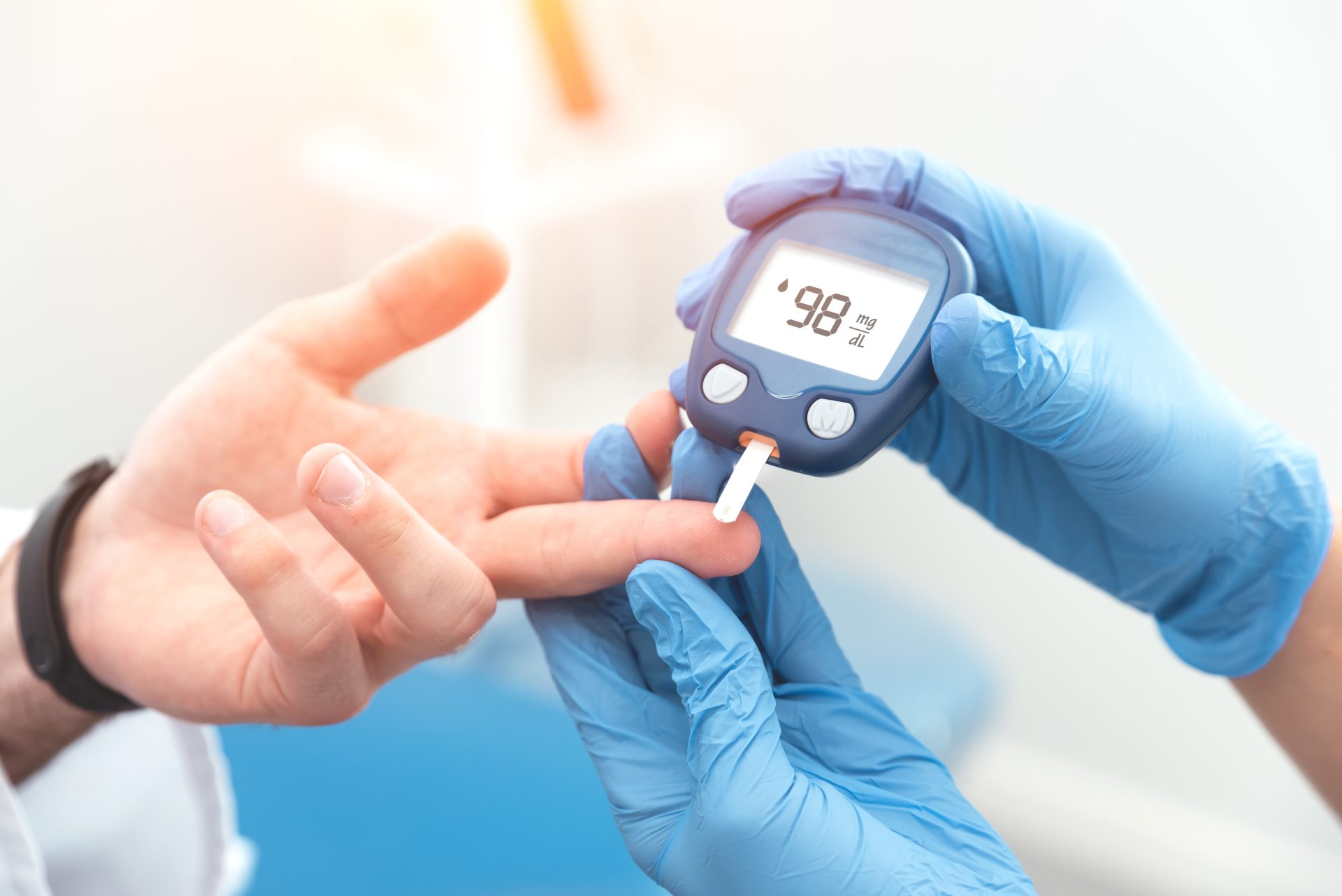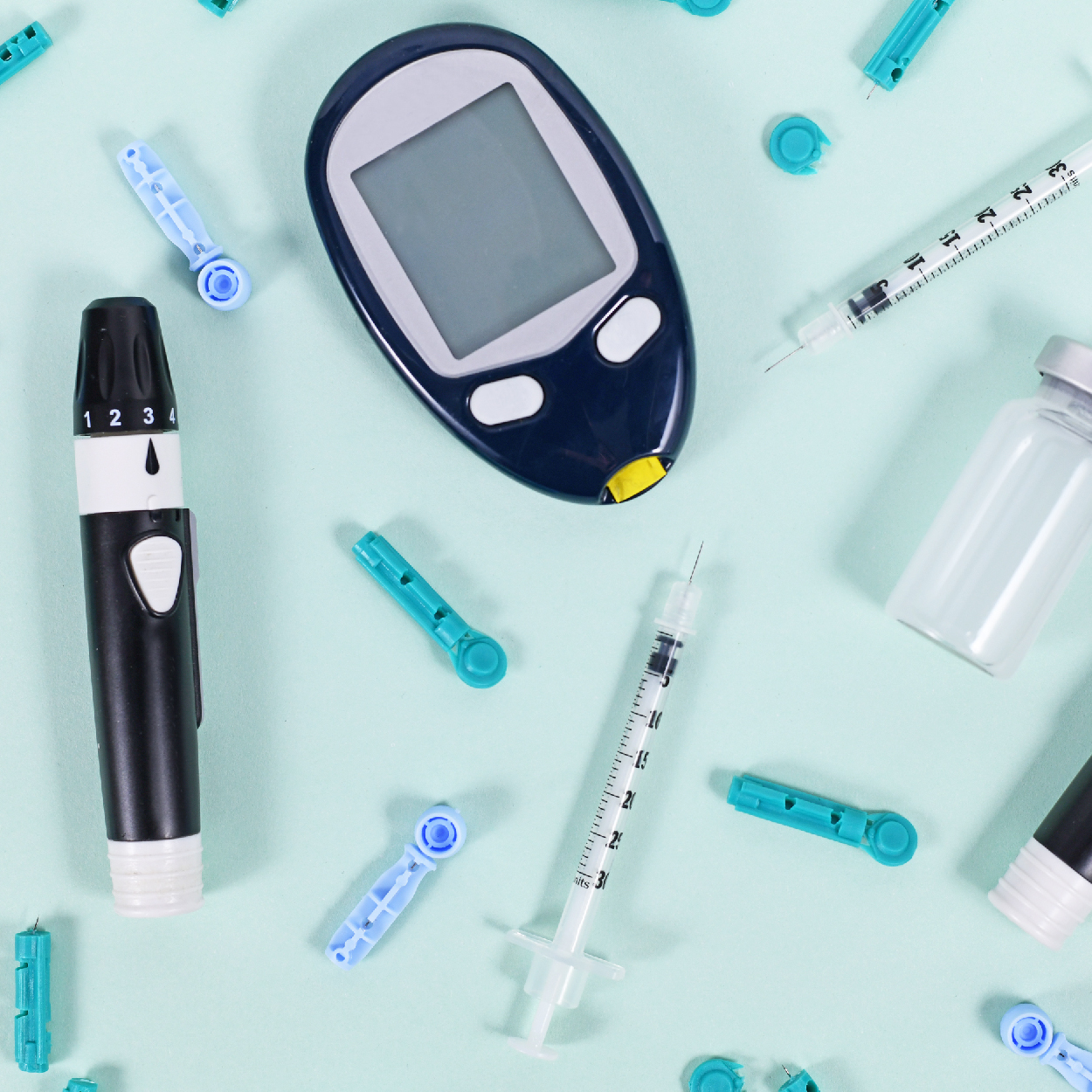Mouthwatering dark chocolate; could it be true that there are health benefits to eating it? Should someone with diabetes avoid the sheer pleasure of dark chocolate? Are there any precautions to take? What is the real story surrounding dark chocolate and diabetes? Last but not least DiabetesCare.net has a list of 5 recipes that include dark chocolate for your utter enjoyment.
The health benefits of eating chocolate:
- Research scientists are studying good bacteria found in the digestive tract of people that normally eat cocoa. Preliminary findings are pointing in the direction that this bacteria is helping to ferment antioxidants and fiber found in cocoa. These bacteria are thought to help create compounds that are anti-inflammatory and help with our cardiovascular health. In one study of healthy individuals, it was found that by eating a small square (8 grams) of dark chocolate (70% cocoa chocolate) every day for a months’ time an improvement in vascular function over their own baseline as well as the control group was shown. This small amount can potentially help to decrease the risk of heart disease. The research was done on pure, unsweetened cocoa powder and it is advised that even the darkest chocolate must be consumed in moderation to avoid excess calories and weight gain. At this time scientists can not recommend an ideal amount of cocoa powder to eat. (1)
- For people with type 2 diabetes, daily dark chocolate consumption of 20 grams per day (that was rich with polyphenols) helped increase the sensitivity to insulin. This is important for blood glucose control. Increasing insulin sensitivity may also help delay the onset of type 2 diabetes in people with pre-diabetes. (1)
- A review of literature in 2012 found that eating dark chocolate every day reduced blood pressure by approximately 2-3 points. (1) Flavanols which are found in dark chocolate can help form nitric oxide. This helps relax blood vessel walls which leads to a lowering of blood pressure. (2)
- In a small study of 31 participants, when comparing the consumption of white chocolate to 70 percent cocoa dark chocolate, the participants who ate the dark chocolate (1.7 ounces per day for 15 days) had lower blood glucose levels, decreased low density lipoprotein cholesterol (LDL) by 20 percent and increased high density lipoprotein (HDL) cholesterol by 20 percent. More research on this fascinating topic needs to take place. (3)
Precautions when eating chocolate:
- If a person has diabetes and decides to eat chocolate, they need to be careful to include it in their carbohydrate counts and not to go overboard. When excessively eaten, it can lead to increased blood glucose levels. It can also cause weight gain. (4)
- Of course, do not eat chocolate if you are allergic to it.
- Chocolate can be toxic and even deadly for dogs. Be careful not to leave chocolate around for a pet to eat. For more information ask your veterinarian. (5)
Chocolate Recipes:
Eating chocolate for many people is a very enjoyable experience! Remember to calculate the amount you eat to fit your meal plan. Ask your dietitian for help with this exciting task! Note: The processing process to make Dutch chocolate reduces the amount of healthy antioxidants. For maximum benefits look for natural cocoa. (6) Here are links to 5 delicious recipes that contain dark chocolate:
- Bittersweet chocolate tart (use dark chocolate with at least 70 percent cocoa chocolate as the chocolate). Be careful of your portion size as the recipe makes 12 servings and fat content can add up quickly if you go overboard. With that said, enjoy in moderation!
- Chocolate comfort sipper (If your plan allows for 38 grams of carbohydrate before bed, this may be an option for you. This is equal to 2 ½ carbohydrate choices)
- Chocolate mocha cream roll
- Chocolate Zucchini Cake
Talk to your dietitian and doctor about the health benefits of chocolate. If you love it, discuss how to fit it into your meal plan. I will let you in on a secret…It is a small part of my plan and it is oh-so-good! Comment below on your favorite chocolate indulgence.




